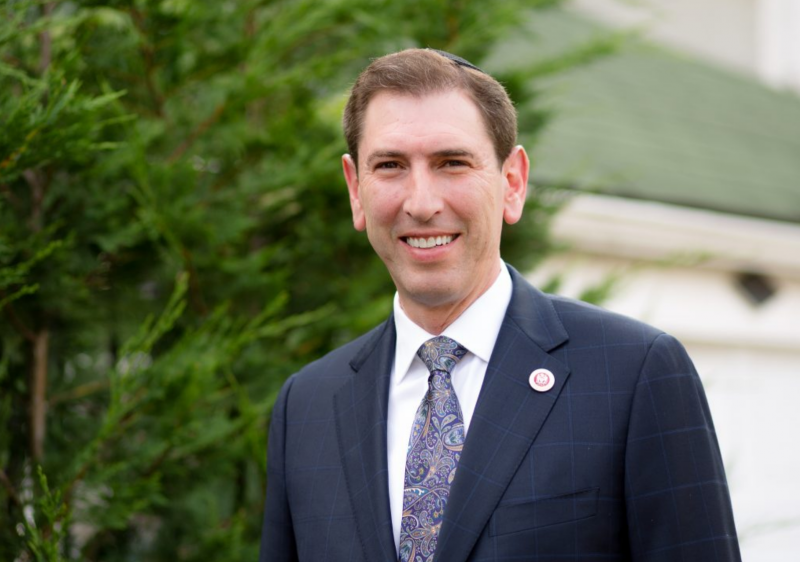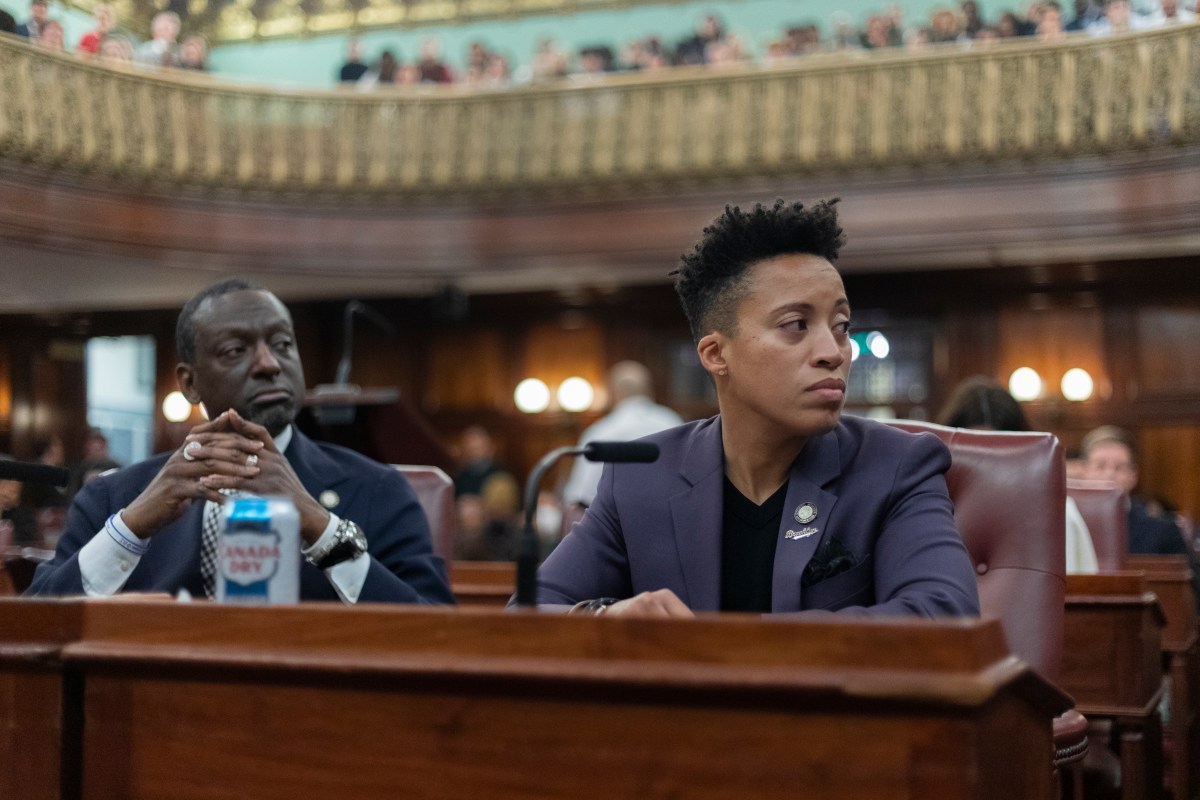City Councilman Chaim Deutsch (D-Sheepshead Bay, Manhattan Beach, Brighton Beach, Homecrest, Midwood) is reminding homeowners to apply for property tax exemptions before the March 15 deadline.
This week, Deutsch held a workshop for homeowners with Department of Finance representatives, who offered one-on-one sessions to review each homeowner’s potential exemption options. Hundreds attended, and more than fifty were successful in obtaining property tax reductions, with most totaling at least $3,000. One homeowner learned he was entitled to a savings of $6,000 – an enormous amount of savings for a New Yorker struggling to make ends meet.

“Thousands of New Yorkers are eligible for reductions in their property taxes that they are simply unaware of,” said Deutsch. “Events like this one bring massive awareness to the issue, and encourage others to explore their own potential exemptions. With the deadline only a few weeks away, it is vital that homeowners who meet the criteria submit the paperwork now, before they miss out.”
In some cases, property owners can appeal their Effective Market Value, potentially resulting in a recalculation.
- If a homeowner believes that their property’s effective market value or description was incorrectly stated on the Notice of Property Value, they must submit a ‘request for review’ to the Finance Department. https://www1.nyc.gov/site/finance/taxes/property-forms/property-forms-assessments-and-valuations.page
- If a homeowner believes that the assessed value or tax class of the property was misstated, they must apply for a review from the Tax Commission. (The deadline is March 1st for Tax Class 2, 3, and 4 properties.)
Many New Yorkers are eligible for property tax exemptions, if they fall under the following categories:
- Basic STAR eligibility:
Ø No age limit.
Ø The combined income of all resident owners (owners who live on the property) and of any owner’s resident spouse cannot be more than $500,000.
Ø The property must be the primary residence of at least one owner. Married couples owning more than one property can only have STAR on one property.
- Enhanced STAR eligibility:
Ø 65 year old minimum age requirement.
Ø The combined income of all owners and of a resident owner’s spouse cannot be more than $86,300.
Ø The property must be the primary residence of at least one owner. Married couples can only have STAR on one property.
- Senior Citizen Homeowner Exemption eligibility:
Ø All owners of the property must be 65 or older by December 31, 2019, unless the owners are spouses or siblings. If you own the property with a spouse or sibling, only one of you must meet this age requirement.
Ø The combined annual income of the property owner and spouse or co-owner cannot exceed $58,399.
Ø You must own the property for at least 12 consecutive months prior to the date of filing for the exemption, unless you received the exemption on your previously-owned residence.
Ø All owners must occupy the property as their primary residence except in cases of divorce, legal separation, or abandonment. Owners receiving in-patient care at a residential health care facility may be eligible for the exemption. In any of these circumstances, the only person who can live at the property is the spouse or co-owner.
- Disabled Homeowners’ Exemption eligibility:
Ø All of the owners must be persons with disabilities, unless the home is owned by spouses or siblings, in which case only one homeowner must have a disability.
Ø The combined income of all owners and their spouses cannot exceed $58,399.
Ø You will need to submit documentation of your disability, such as a disability award letter from the Social Security Administration, an award letter from the U.S. Railroad Retirement Board or U.S. Postal Service, a certificate from the New York State Commission for the Blind, or a Veterans Administration letter stating that you are entitled to a veteran’s disability pension.
Ø The property must be your primary residence. If you are receiving in-patient care at a residential health care facility, your property may be eligible for the exemption.
Ø Your property cannot be within a housing development that is controlled by a Limited Profit Housing Company, Mitchell-Lama, Limited Dividend Housing Company, or redevelopment company.
- Veteran’s Exemption eligibility:
Ø The veteran homeowner must have served during the following time periods:
Gulf War, Iraq, & Afghanistan August 2, 1990 to Present
Vietnam War February 28, 1961 to May 7, 1975
Korean War June 27, 1950 to January 31, 1955
World War II December 7, 1941 to December 31, 1946
World War I April 6, 1917 to November 11, 1918
Ø The property must be the primary residence of the owner who qualifies for the exemption.
Ø Applicants must submit DD-214 or separation papers.
- Clergy Exemption eligibility (If you are a full-time religious studies teacher (35 hours weekly) in a religious institution, you may be eligible for this exemption):
Ø The clergy member (or unmarried surviving spouse) must be a resident of New York State.
Ø The clergy member’s main job must be working for the denomination s/he belongs to. (Will need to be proven with a letter from the institution.)
Ø If retired, the clergy member must be over 70 years of age.
- Disabled Crime Victim/Good Samaritan Exemption eligibility:
Ø This exemption is for a victim of a crime who became physically disabled as a result of the crime. This benefit is also for someone who becomes disabled by:
- trying to stop a person who has committed a crime;
- trying to prevent a crime from happening; or
- trying to help a law enforcement officer make an arrest.
Ø Law enforcement members are not eligible for this exemption.
If you believe you may be eligible for any of these exemptions, or you need assistance filing an appeal, call Deutsch’s office at 718-368-9176.










